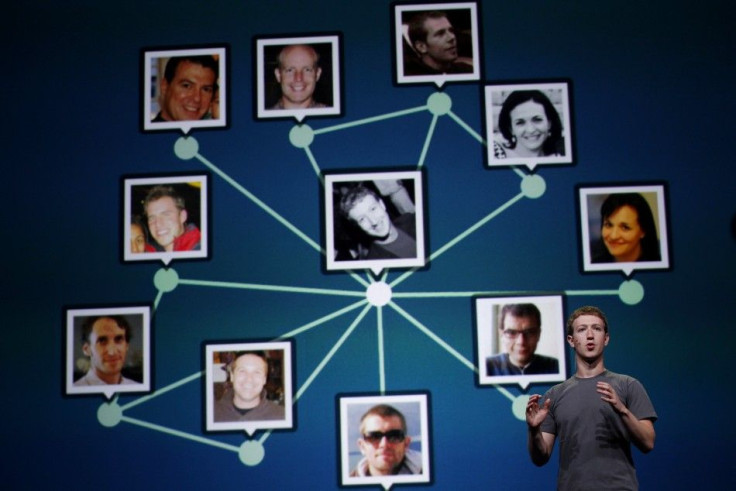Link Between Number of Facebook Friends, Size of Brain Regions: Study

Scientists have found a link between the number of friends a person has on Facebook and the size of certain brain regions.
Researchers from University College London scanned the brains of more than 125 university students who are frequent Facebook users. They later replicated the study in 40 more students, according to a UCL statement.
They compared the scans to the students' virtual and real network of friends.
They found that the larger amount of friends a student had on Facebook, the more grey matter they had in certain brain regions, including the region connected to processing memory and emotional responses, according to the UCL statement. They also found more grey matter in the part of the brain connected to memory and navigation.
We have found some interesting brain regions that seem to link to the number of friends we have - both 'real' and 'virtual, lead author Ryota Kanai said in a statement. The exciting question now is whether these structures change over time - this will help us answer the question of whether the internet is changing our brains.
The research was published in the journal Proceedings of the Royal Society B Biological Sciences.
Our findings demonstrate that the size of an individual's online social network is closely linked to focal brain structure implicated in social cognition, researchers wrote in the study abstract.
Scientists believe these findings will help understand the social media effect on human brains.
Online social networks are massively influential, yet we understand very little about the impact they have on our brains, researcher Geraint Rees said in a statement. This has led to a lot of unsupported speculation the internet is somehow bad for us. This should allow us to start asking intelligent questions about the relationship between the internet and the brain - scientific questions, not political ones.
© Copyright IBTimes 2024. All rights reserved.











